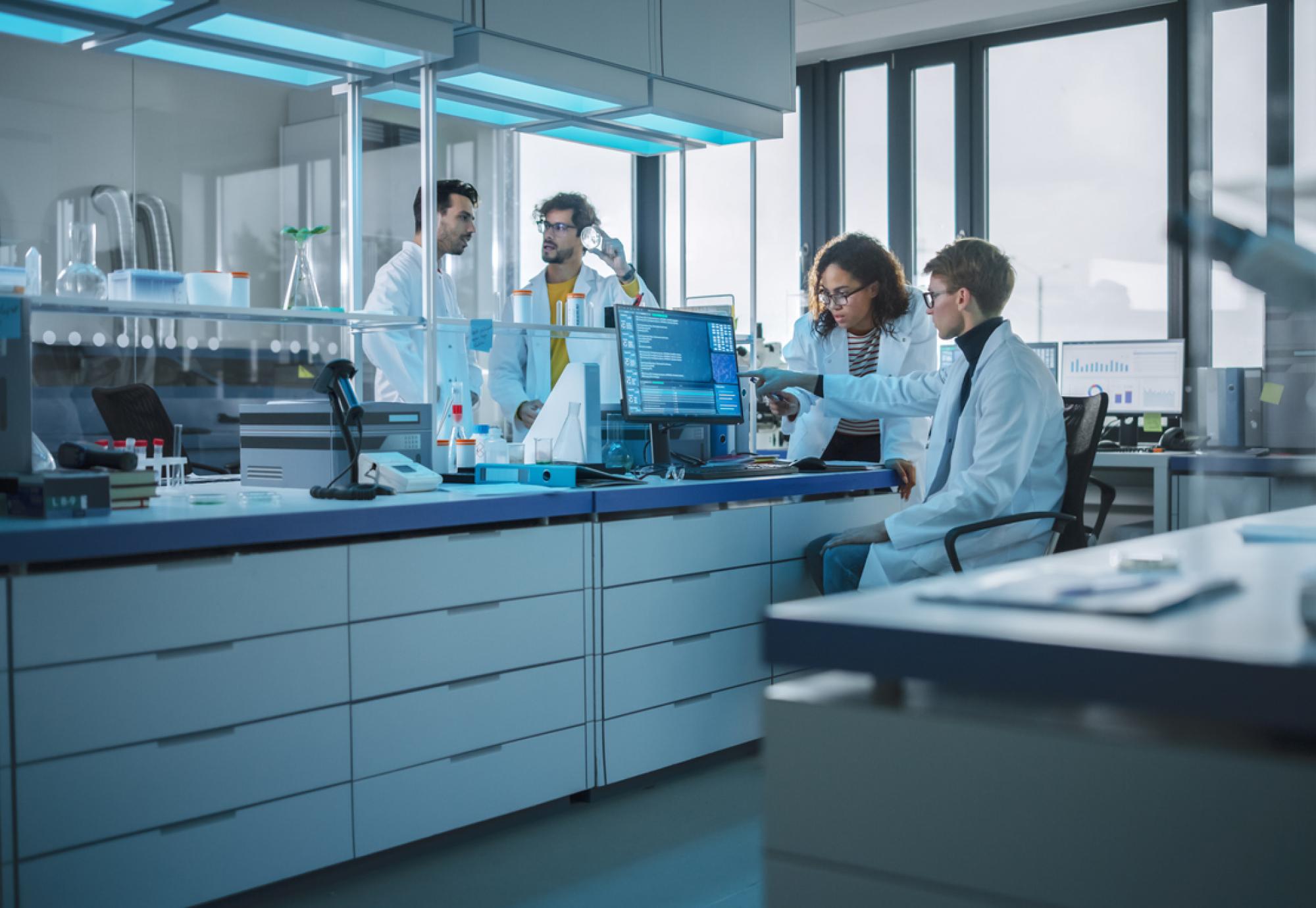The UK is set to level up its fight against antimicrobial resistance (AMR) with more than £200m of investment to upgrade equipment, expand oversight and bolster the workforce.
The funding will look to boost AMR-busting activities across Asia and Africa over the course of the next three years; this will include expanding surveillance capabilities in up to 25 of the countries where AMR poses the biggest threat – i.e., Indonesia, Ghana, Kenya, Papua New Guinea etc.
Over 250 laboratories are set to be improved with new, state-of-the-art equipment, including modern genome sequencing technology which will help researchers track bacterial transmission between humans, animals and the environment.
The money will also support the delivery of 20,000 training sessions for everyone from laboratory professionals to pharmacists and hospital staff.
This will be in addition to more than 200 new Fleming Fund scholarships to promote expertise in microbiology, AMR policy and One Health – an approach that recognises the connection between humans, animals and ecosystems.
The £210m funding represents the largest ever investment into AMR surveillance by a single country and will come as part of the second phase of the UK’s Fleming Fund.
AMR is responsible for 1.27 million deaths each year around the world – in 2019, AMR was found to have caused between 7,000 and 35,000 deaths in the UK alone.
The new investment signals just the latest move from the government to tackle AMR in the UK, with a research study into how healthy people are affected and almost £40m of funding to develop new antibiotics and vaccines both coming shortly beforehand.
Dame Sally Davies, UK special envoy on AMR, said: “This world-leading investment in AMR laboratories, workforce and systems is a vital contribution to realise our vision of a world free of drug-resistant infection.”
Image credit: iStock



















